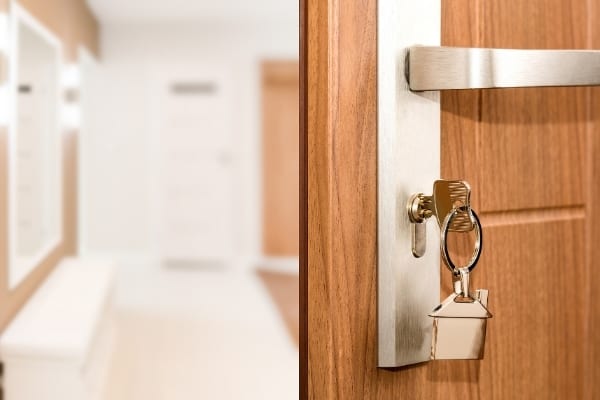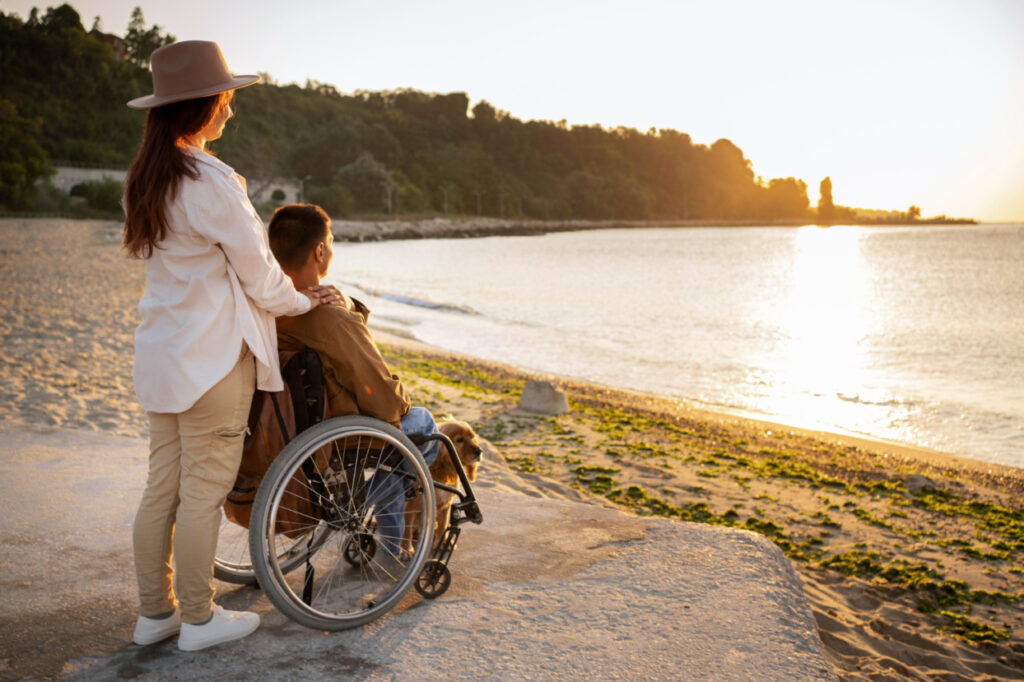Group and community homes have allowed people with disability to live together in a safe and comfortable social home environment, with skilled support staff on hand 24 hours a day. The NDIS can assist its Australian participants to live independently. Participants and their families can discuss their home and living goals as a part of their planning conversation. The participant’s plan will include the support that the NDIS will fund until the participant will have to access the housing system. NDIS participants would be responsible for day-to-day living costs including rent for the house, everyday groceries, utilities, telephone or internet costs. This is often identical for general home items like a bed, fridge or cooking utensils. There are some limited circumstances where the NDIS may make a contribution to those costs.
The NDIS provides various types of home and living services –
Only 6% of the NDIS participants are given the accommodation funding and the rest receive variations of the funding. As your plan is based on your goals.
- Specialist Disability Accommodation (SDA) – Ideally it is an accommodation for the people who require specialist housing solutions, this would include assistance with the delivery of supports that would lead to catering for those who have extremely functional impairment or have a requirement for very high support needs. Funding would only be provided to a tiny proportion of NDIS participants who have extreme functional impairment or very high support needs who meet specific eligibility criteria. SDA funding directly falls under the NDIS and would stimulate investment in the development of new high quality dwellings for use by eligible NDIS participants.The funding is not for the supported services, but it is instead for the homes in which these services would be delivered. One should look for NDIS providers who would directly comply with all requirements needed to be fulfilled for a disabled person. Choosing an NDIS approved provider would be a great choice especially if you are new.
- Supported Independent Living (SIL) – is the help and/or supervision of the daily tasks to support the participants to live as independently as possible, whilst building their personal skills. It is a paid personal support and is most commonly used in shared living arrangements. SIL is one of the many support options that the participants can receive.
- When considering if SIL is that the most suitable choice for a participant, the subsequent are considered:
- – the participant’s goals for his or her potential home and living arrangements, and therefore the support required for daily tasks to help in living as independently as possible
- – if alternative supports could also be a higher option
- – if the participant requires a lot support needs then he/she can redeem a more personal support that could be provided if needed
- – if the NDIA came to the conclusion that the support meets the reasonable and necessary criteria for SIL funding.
3. Short and Medium Term Accommodation – Accommodation is sometimes needed for disabled people and NDIS covers these needs when needed. One can contact NDIS approved providers to make sure that your loved ones can access this service.
Short Term Accommodation, including respite, is to help fund for support and accommodation for a short time away from your usual home. It would help cover the cost of the care in another place for up to 14 days at a time. You might have a short stay with a place provided by an NDIS provider, or by yourself. It’s often funded when your usual carers are not available, or for you to try new things. This funding will help you find a suitable place until the home is modified or until you are an approved NDIS participant. This funding can last for up to 90 days.
- House modifications – Home modifications can make your home safer, easier to move around in and better suited to your current abilities. There can be assistive technologies such as standing tables or automatic door openers. An occupational home therapist will do home assessment that can help identify areas to modify or improve and from there we can tailor our service to suit your needs. Living alone as someone who has a disability would make one more anxious about the potential dangers of falling when there is no support around. While making your plan with NDIS, you should mention how the home modification can assist you to fulfil your needs and goals. There are different modifications that can be done depending on different part of the houses –
- Bathrooms – One of bathrooms in the house should be modified to make it convenient for the usage of disabled people. This would have a modified hand basin, flooring, toilet and shower/bathtub that would enable for someone with disabilities to access it independently.
- Access areas – the external path can be modified according to the need of the disabled person, a ramp or platform lift to make sure that the wheelchair is safely used without obstruction.
- Bedrooms – The bedroom should be at the same level as the entry door, bathroom and kitchen. It should have a door big enough to easily let a wheelchair through and should be adjacent to the bathroom.
- Kitchen – Should be modified according to the needs. The participant should be able to prepare meals independently.
If you are looking for a provider who can fulfil any of those accommodation and living needs, contact OSAN Ability Assist who is a trusted NDIS approved provider for over a decade.










